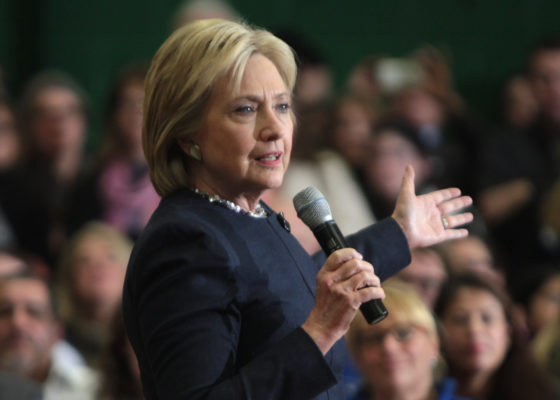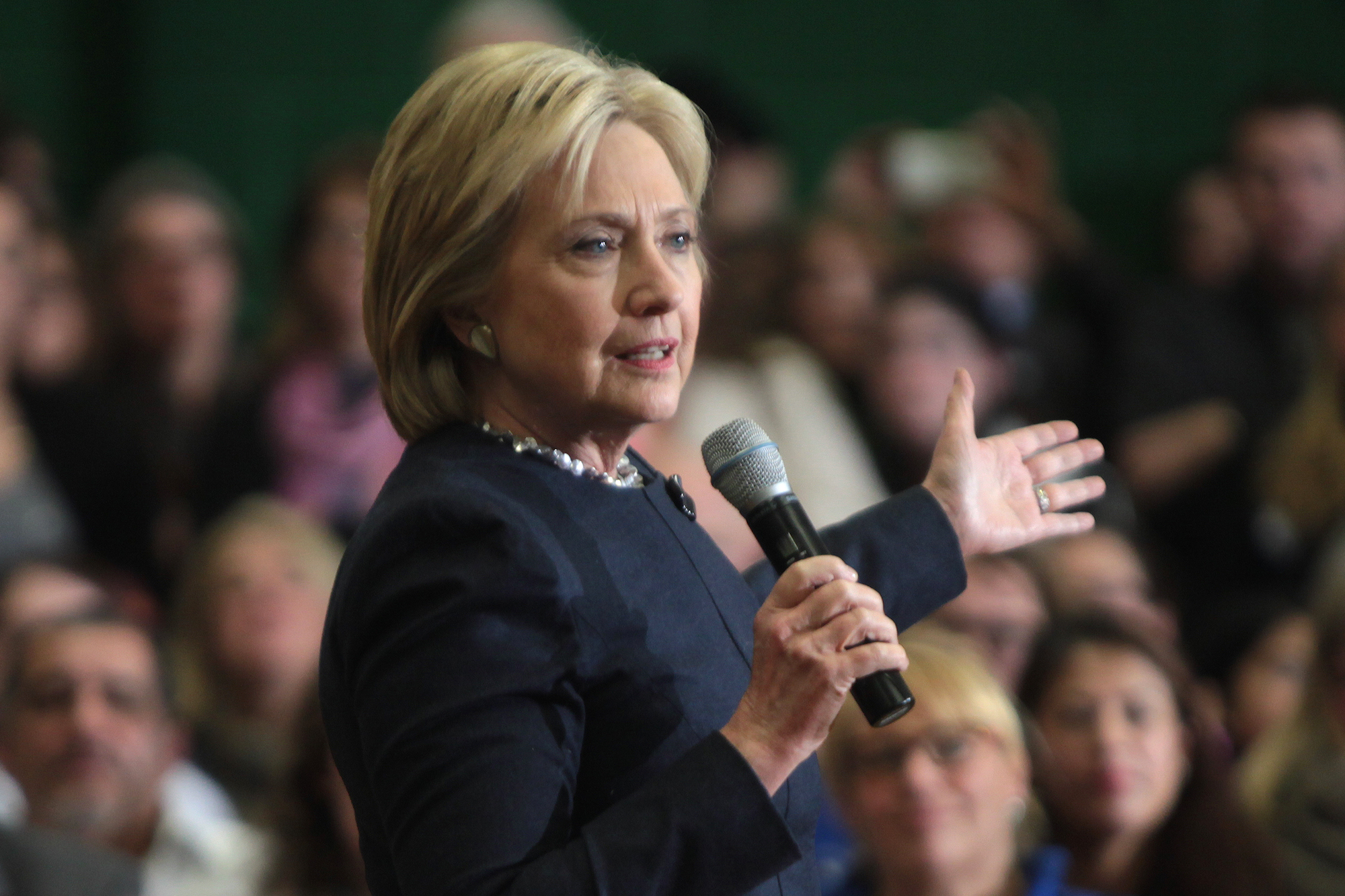Citizens of our fair country have a right to the most potent and influential power in shaping government, their inalienable democratic voice. This power, however, is not fully demonstrated in letters to local policymakers, the signing of petitions or even in voting for the leader of the free world. Instead, we seem to focus our civic engagement in what is most important: long-winded complaints on social media.
Now, our most recent election certainly provided more than enough to rant about. No matter where your partisan allegiance lies, a common thread from both sides seems to be a call for ridding ourselves of the outdated Electoral College.

These rallying cries are often backed by rationales such as, ‘We’re a democracy, the popular vote is what matters!’ as well as ‘The election shouldn’t be decided by a handful of states!’ Frankly, you’d be hard pressed to find anyone opposing these, because they’re true. America is a nation by the people, for the people, so shouldn’t it be the people that pull the strings?
As with most things political, the problem isn’t quite that simple. In order to truly understand the Electoral College and its purpose, we first need to understand a bit of history. Instead of boring you with a full lecture on the Apportionment Act of 1911, I’ll just drop the relevant points.
The nation was experiencing unprecedented growth, and the Act was passed to address equal representation in the House for both rural and urban communities. In doing so, the total number of representatives was set at 438, to be divided amongst the states based on population.
The people’s majority awarded every electoral vote to the respective candidate in a winner-take-all fashion. This tradition continues to this very day, meaning that your vote doesn’t directly decide who the next president will be, but instead decides which electors will be sent to D.C. a month after the election to make the official decision.
Even though that was an extremely simplified summary of how our complicated bureaucracy works, I’m sure many of you could ferret out half a dozen issues, at least. The United States has grown exponentially since the early 20th century, population has drastically shifted from rural communities to ever expanding cities, electors are not bound by the popular vote and the list goes on for ages.
Theoretically, a presidential candidate could win the election with less than a third of the popular vote, thanks to the aptly named swing states produced by electoral distribution. Thankfully, an election has never been this drastic, but the popular choice has lost four times in the history of U.S. elections, effectively undermining the very notion of democracy.
This doesn’t even touch on the fact that the thousands of U.S. citizens living within the territories have no representation at all, and that the popular vote could be disregarded completely, regardless of state. So, it seems our path is clear: move on from the 19th century, and abolish the Electoral College.
There’s no debating that our current process for elections is flawed. In an effort to protect the interests of smaller rural states, it’s fairly obvious that we’ve gone too far.
Let’s say in answering this problem, we successfully transform elections into a directly democratic system. Sure, we may eliminate current swing states, but every person’s vote still will not be equal.
For instance, California’s population alone is roughly equal to the 20 least populous states. The five most populous states contain nearly 40 percent of Americans. Each state is still its own entity, with individual needs and cultures. A promised subsidy on cattle products would easily garner votes from South Dakota, while being irrelevant to nearly every other state.
Tyranny of the majority is more than an antiquated term used only in dusty old political treatises, it is a very real threat to our country. The Electoral College in its current state may be harshly enforcing the interests of the minority, but was created in our best interests. Abolishing it only leaves us with another set of problems, far too similar to the ones we struggle with today.
What we need is not a revolution of our system, but a reformation. Adjust the number of representatives, adapt their distribution to our current socioeconomic climate and make the country a level playing field. The United States is the model of democracy, and it’s about time we start acting like it.



